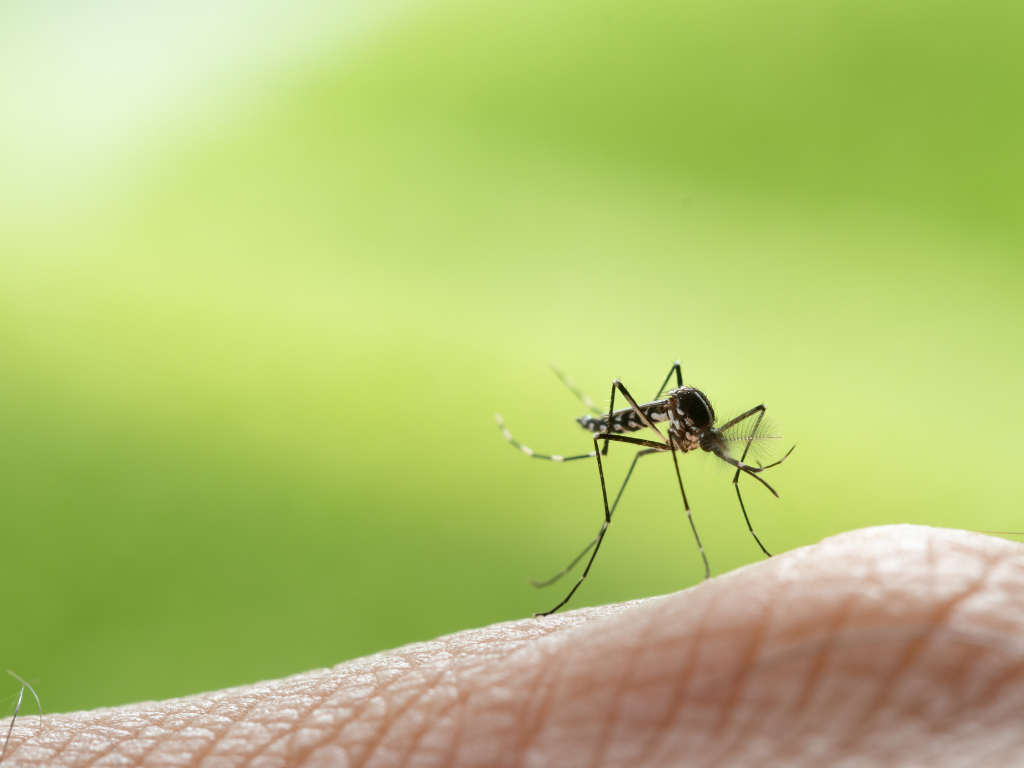Malaria is a pervasive health issue in Nigeria, often regarded as a common ailment rather than a severe threat. This article delves into the Nigerian experience with malaria, exploring the reasons behind the nonchalant attitude towards it, the reliance on self-treatment, and the dangers of counterfeit medications. Through personal anecdotes and statistical data, we shed light on the complexities of managing malaria in a country where it’s often seen as something to ‘shake off.’ We will also discuss the concept of partial immunity and oxidative stress related to malaria.
The Perception of Malaria in Nigeria
In Nigeria, malaria is often perceived as a minor inconvenience rather than a life-threatening disease. This perception stems from its high prevalence and the fact that many Nigerians experience repeated bouts of malaria throughout their lives. Unlike my American friend’s concern, many Nigerians view malaria as just another part of life. As the original article humorously points out, informing your Nigerian boss that you have malaria may not elicit the same sympathetic response as it would elsewhere. This normalization leads to a tendency to self-medicate and downplay the severity of the illness.
The Stark Reality: Malaria Statistics in Nigeria
Despite the casual attitude, the statistics paint a grim picture. According to the World Malaria Report, approximately 200,000 deaths occurred from malaria in Nigeria in 2023. Nigeria accounts for nearly 27% of the global malaria burden, making it the country with the highest incidence worldwide. These figures underscore the urgent need for effective prevention and treatment strategies. However, many cases go unreported due to the preference for home remedies and over-the-counter medications. The true extent of the problem is likely much higher than official data suggests. As stated in the original article, these figures do not do wholesome justice to the issue.
The Prevalence of Self-Treatment
Many Nigerians opt for self-treatment rather than seeking professional medical care. This is often due to the long wait times at health centers and the perceived hassle of bureaucratic processes. Instead, people resort to traditional remedies or purchase readily available medications from local pharmacies. While these methods may provide temporary relief, they often fail to address the root cause of the infection and can lead to complications. The original article mentions the common practice of plucking special leaves or buying over-the-counter medicines, highlighting the accessibility and appeal of self-treatment options. The problem with emergencies is that whatever treatment, or medications as the case may be, has to kick into effect immediately.
Symptoms and Partial Immunity
The symptoms of malaria can vary, but common signs include headaches, muscular pains, fatigue, nausea, and fever. Many Nigerians develop a degree of partial immunity due to repeated exposure to the parasite. This partial immunity can reduce the severity of symptoms, making the illness more manageable. However, it does not prevent infection altogether. A university professor’s experience, recounted in the source article, illustrates how long-term exposure can mask the symptoms, leading to delayed diagnosis and treatment when abroad. It’s quite a long one, but the short version is that infection with malaria subjects the host’s body to a form of stress called oxidative stress.
Oxidative Stress and Anti-Malarial Medications
Malaria infection subjects the body to oxidative stress, which is exacerbated by many anti-malarial medications. These therapies often work by increasing oxidative stress to harm the parasite, but this can also cause collateral damage to the host. As a result, some people experience worsened symptoms during treatment. This is why the medications seem to worsen the symptoms, or ‘bring them out’, at least in the beginning. Consuming antioxidant-rich foods, such as fruits and vegetables, can help mitigate these effects and expedite recovery. However, many antimalarial therapies function by making this already existing oxidative stress even worse.
The Dangers of Counterfeit Drugs
A significant concern in Nigeria is the prevalence of counterfeit and substandard medications. Reports indicate that a large percentage of drugs in the market are fake, posing a serious threat to public health. These fake drugs not only fail to treat the illness but can also lead to severe complications and even death. The original article recounts a story of a wealthy man who unknowingly stocked his pharmacy with fake drugs, highlighting the widespread nature of the problem. Imagine being a patient in a critical condition already, but your condition continues to worsen simply because all the drugs being administered the whole time are just decorated chalk!
Conclusion: Addressing Malaria in Nigeria
Malaria remains a significant health challenge in Nigeria, exacerbated by a casual attitude towards the disease, the prevalence of self-treatment, and the dangers of counterfeit drugs. While partial immunity may reduce the severity of symptoms, it is not a substitute for proper medical care. Addressing this issue requires a multi-faceted approach, including improved access to healthcare, increased awareness of the risks of self-medication, and stricter regulation of the pharmaceutical industry. It’s essential to remember the importance of seeking adequate treatment and taking the necessary rest to recover fully. In the end, it is most important to get adequate treatment. And above all, take all the rest I need until I’m back to health.
